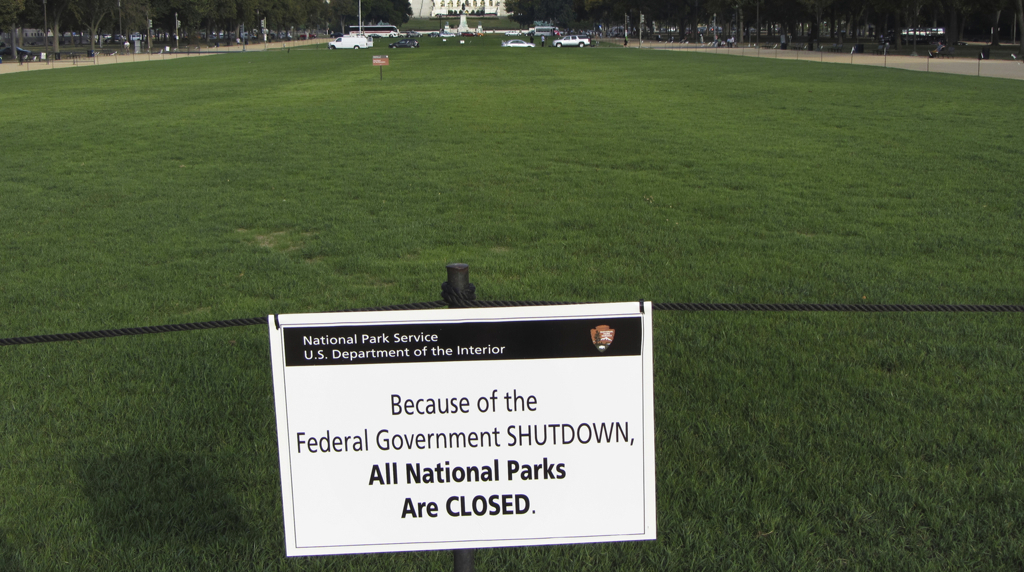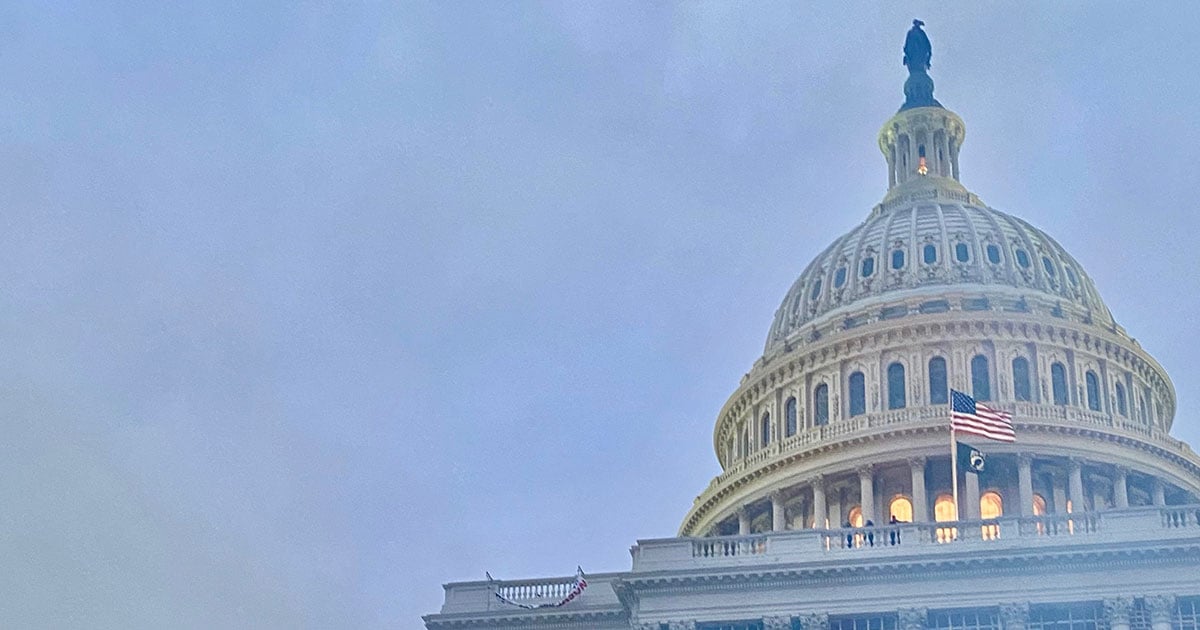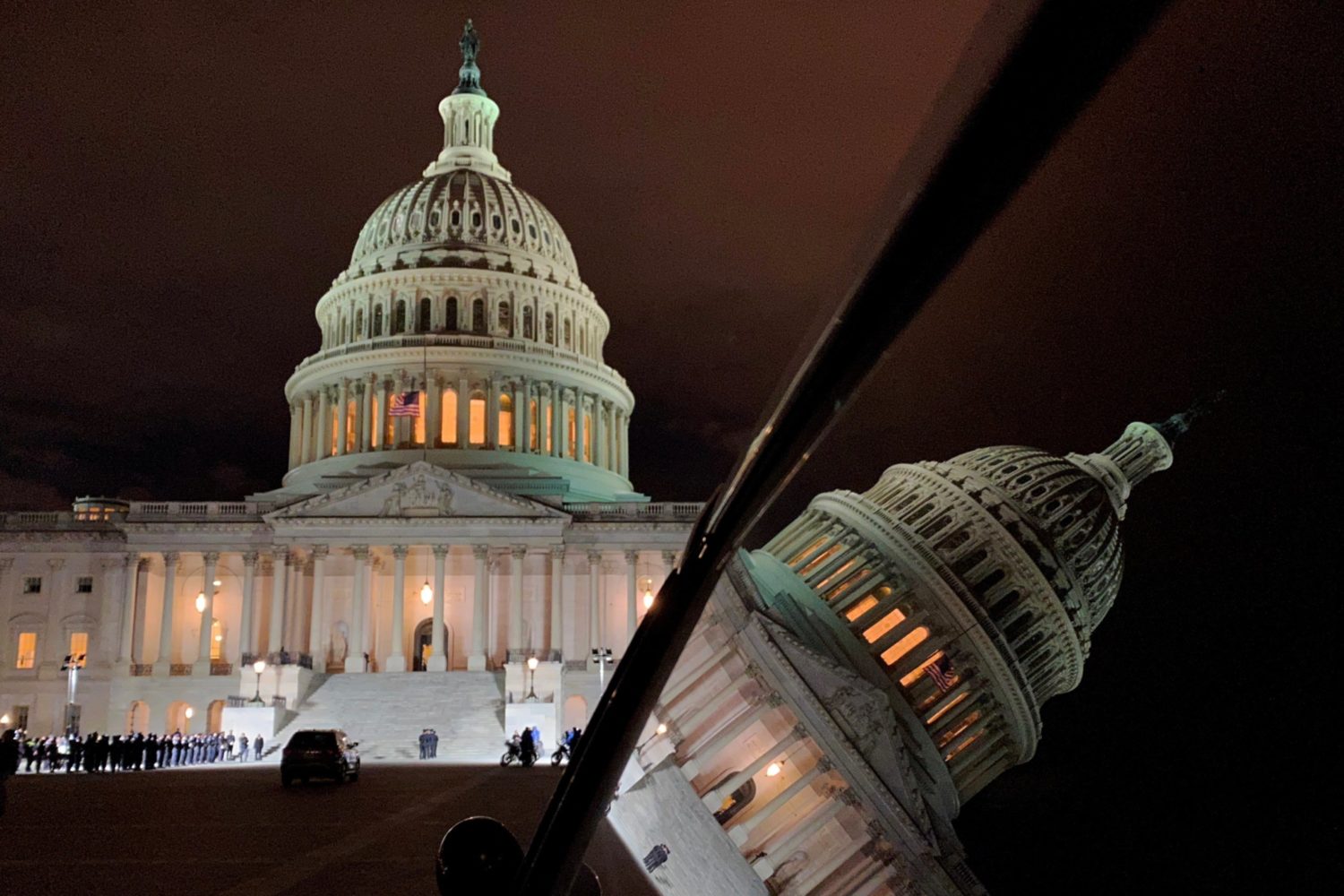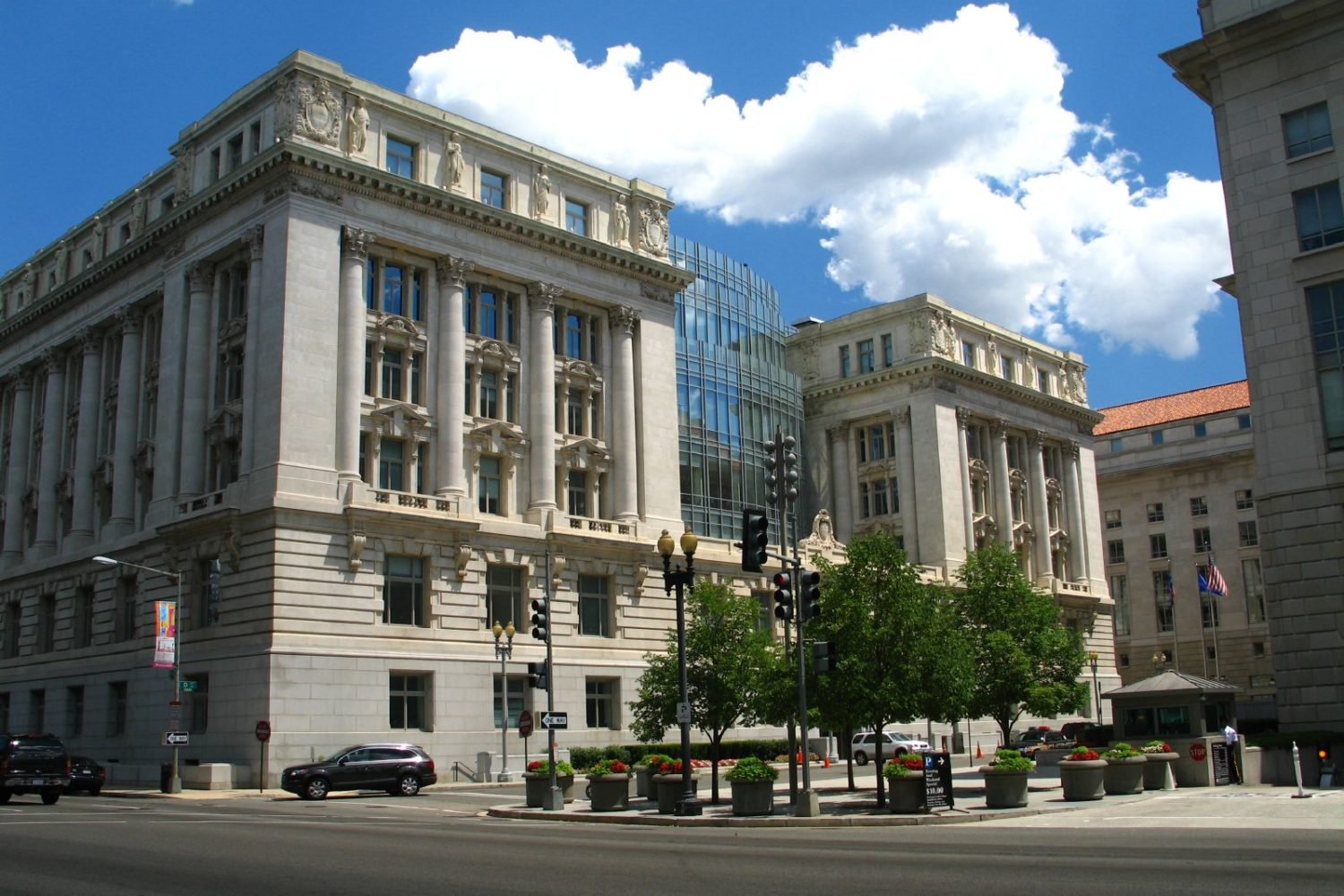Democracy is a wonderful thing. The federal appropriations process? Maybe not so much. Once again, the United States government is barreling toward a partial shutdown because the money for most of its operations is about to expire without any continuing funding beyond Friday night. Huzzah. It’s wonderful to live in a constitutional republic with self-inflicted operational restraints.
Besides the global embarrassment that comes with being the world’s only advanced democracy where government functions can grind to a halt just because the legislative branch can’t get its act together, a shutdown will bring many sweeping, uneasy, and downright obnoxious changes to Washington. Herewith: a user’s guide to the impending shutdown, and what it might mean for you.
Why is the government shutting down (this time)?
The government has been running on a series of continuing resolutions maintaining spending at 2017 levels since the previous fiscal year expired last September 30. The Anti-Deficiency Act of 1884 mandates that the government cannot spend any funds that haven’t been appropriated, but it was little acknowledged until 1980, when Attorney General Benjamin Civiletti—in the face of a looming funding gap—issued an opinion stating that agencies could avoid violating the law in such circumstances by suspending their operations. Since then, there have been six shutdowns because policy disagreements between Congress and the White House became more severe than the need to provide overall government funding—the most recent coming in 2013, when House Republicans refused to pass any funding bills that supported implementation of the Affordable Care Act, leading to a 16-day shutdown.
This time, even with unified GOP control of the executive and legislative branches, fights over immigration policy—which President Trump made more difficult with his remarks last week disparaging Africa, Haiti, and El Salvador—appear to be making it more likely than before that the government will shut down before these issues are solved.
What will that mean to me, the average resident of the Washington metropolitan area?
If there’s no funding approved by midnight Friday, many—but far from all—government functions will cease immediately, at least the ones deemed non-essential.
Will I have to report to my federal job the next day?
Not if you perform a non-essential duty?
So, what’s essential?
Going by past shutdowns, government personnel whose duties cover national security, law enforcement, or public safety will stay on the job. Members of the military will still be on duty, federal courts and prisons will operate, and Homeland Security bureaus like the Transportation Security Administration will continue to wand travelers. Veterans Affairs hospitals will remain open, and the US Postal Service and Amtrak—which are funded separately from the normal appropriations process and also have customer revenue—will stay on schedule.
As for everyone else?
People who spend their days filing statistical reports, issuing permits, or moving paper around will likely be furloughed. If you’re a federal criminal prosecutor, prepare your briefs and head to the courthouse. But if you work as, say, an Agriculture Department researcher preparing next month’s report about the United States’ supply of frozen juice in cold storage, you’re probably staying home. During the 2013 shutdown, an estimated 60 percent of the roughly 380,000 federal workers in the Washington area stayed home.
What about former FBI Director Robert Mueller’s special investigation into Russian interference in the 2016 election?
What about Capitol Hill staffers?
It’s up to individual members of Congress to determine which of their employees are essential during a shutdown, but traditionally, lower-level staffers will be dismissed.
Will people get paid?
Not while the government is officially out of money. Furloughed employees will have to go without pay for the duration of the shutdown; though after previous circumstances, they were eventually compensated for the missed paychecks. In 2013, the 850,000 government workers kept from their jobs for two weeks were paid about $2 billion after the shutdown. The only ones who won’t miss a paycheck are members of Congress.
Seriously?
Seriously. Salaries for elected officials, including the President, Vice President, and members of the House and Senate are “permanent law” and thus outside the appropriations process.
That seems unfair.
Indeed.
What about the DC government?
Until very recently, if the federal government shut down, it took DC, whose budget—because of Congress’s oversight of the city’s affairs—is subject to the appropriations process, along for the ride, as anyone who experienced the 27-day shutdown in 1995 will recall. That’s no longer a danger to the District. In 2013, then-Mayor Vince Gray declared every single city-government employee “essential” to keep them on the job as the feds went down. But even that won’t be necessary now; legislation passed in 2014 exempted the District’s budget from future shutdowns. Besides, if the federal government shuts down, it’ll probably fall to DC’s Department of Public Works to pick up the trash on the National Mall again.
Still, this is going to be bad, right?
Oh, yeah. Government shutdowns, even for a day, are tremendously costly to the Washington area. In 2013, Gray and officials from the Virginia and Maryland suburbs estimated their jurisdictions were missing out $217 million a day in lost wages and $400 million a week in total economic activity. (It also cost DC about $92,000 to pick up litter left on federal grounds.)
And things will close?
Unlike last time, the National Park Service says the Mall and monuments will remain open, albeit with minimal staff on duty and no visitor services (think bathrooms and trash collection) available. But the Smithsonian museums, National Archives, and National Gallery of Art will closed to the public come Monday.
The Smithsonian? What about all the animals in the National Zoo?
We can always get some new animals when the government re-opens. …. Kidding! The zoo employees charged with feeding and caring for its specimens are essential personnel and will continue to care for them during a shutdown.
Surely, that includes the person responsible for operating the panda cam.



















